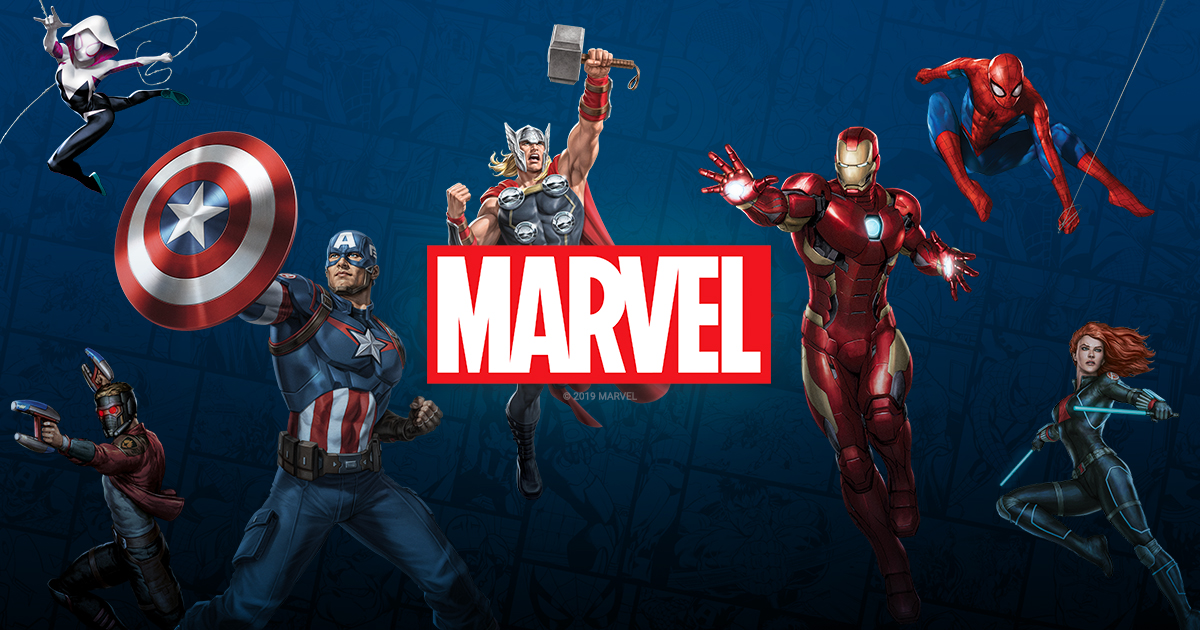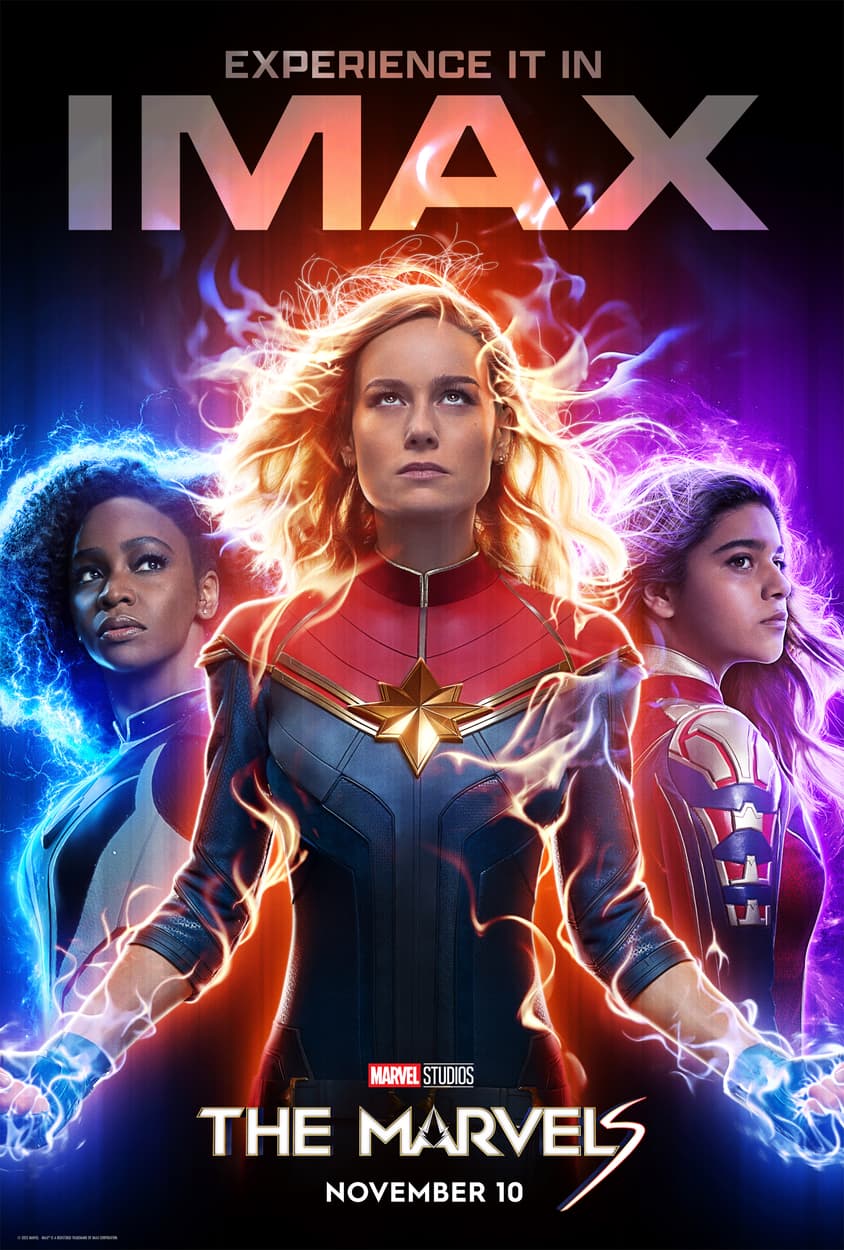Unleashing The Marvel Universe: Your Ultimate Guide To The Greatest Superhero Saga
Hey there, fellow Earthling! If you've ever found yourself geeking out over caped crusaders, intergalactic battles, and that iconic snap in Avengers: Infinity War, you're about to dive into something truly epic. The Marvel universe isn't just a collection of movies or comics; it's a cultural phenomenon that has redefined storytelling for generations. Whether you're a die-hard fan or just someone who loves a good hero's journey, this article will take you on a wild ride through the Marvel Cinematic Universe (MCU), its origins, its impact, and why it continues to dominate the entertainment world. So buckle up, because we’re about to embark on an adventure of cosmic proportions!
Before we dive into the nitty-gritty of the Marvel universe, let’s address the elephant in the room: what makes Marvel so special? For starters, it’s not just about superheroes; it’s about humanity. The characters in the Marvel universe are flawed, relatable, and often struggle with their own demons. From Tony Stark’s tech-savvy genius to Peter Parker’s awkward teenage years, these stories resonate with people from all walks of life. And let’s not forget the epic team-ups, the jaw-dropping CGI, and the unforgettable post-credits scenes that keep us on the edge of our seats.
Now, if you’re here, chances are you already know a thing or two about Marvel. But trust me, there’s always more to discover. Whether you’re a seasoned fan or just getting started, this article will give you the inside scoop on everything Marvel-related. So, grab your popcorn, and let’s get into it!
Read also:The Unforgettable Journey Of Nikki Sixx From Motley Crue To Hollywood
Table of Contents
- The Marvel Universe: A Brief History
- Marvel Cinematic Universe: The Rise of the Blockbuster
- Iconic Marvel Characters: Who's Who in the MCU?
- MCU Phases: Breaking Down the Saga
- The Cultural Impact of Marvel
- What’s Next for Marvel?
- Marvel Comics: The Origins of the Magic
- The Role of Technology in Marvel Movies
- Marvel Merchandise: A Fan's Paradise
- Conclusion: Why Marvel Matters
The Marvel Universe: A Brief History
Let’s rewind the clock a bit, shall we? The Marvel universe didn’t just pop up out of nowhere. It all started back in 1939 when Martin Goodman founded Timely Comics, which eventually evolved into Marvel Comics. In those early days, Marvel was all about creating characters that reflected the real world. Unlike DC’s more idealized heroes, Marvel characters were complex, flawed, and often struggled with their powers. Think about Spider-Man, who had to juggle high school drama with saving the city, or Wolverine, whose past was shrouded in mystery and pain.
Fast forward to the early 2000s, and Marvel was ready to take the leap from page to screen. The X-Men and Spider-Man movies were some of the first to bring Marvel characters to life on the big screen. But it wasn’t until 2008, with the release of Iron Man, that the Marvel Cinematic Universe truly began to take shape. Directed by Jon Favreau and starring Robert Downey Jr. as Tony Stark, Iron Man wasn’t just a superhero movie—it was the start of something revolutionary.
What set Marvel apart was its ability to weave a massive interconnected story across multiple films. The post-credits scene in Iron Man, where Nick Fury (played by Samuel L. Jackson) introduced the idea of the Avengers Initiative, hinted at the grander plans Marvel had in store. And the rest, as they say, is history.
Key Milestones in Marvel's History
- 1939: Timely Comics is founded, laying the groundwork for Marvel.
- 1961: The Fantastic Four debuts, marking the beginning of the Marvel Age of Comics.
- 2008: Iron Man is released, kicking off the Marvel Cinematic Universe.
- 2012: The Avengers becomes a cultural phenomenon, grossing over $1.5 billion worldwide.
- 2019: Avengers: Endgame breaks box office records, becoming the highest-grossing film of all time.
Marvel Cinematic Universe: The Rise of the Blockbuster
Okay, so you know the basics, but what exactly makes the MCU so damn successful? For starters, it’s not just about the movies themselves—it’s about the shared universe. Imagine watching a movie where every character you love could potentially show up. That’s the magic of the MCU. From the Avengers to the Guardians of the Galaxy, every film is part of a larger tapestry that keeps fans coming back for more.
But it’s not just the characters that make the MCU special. It’s also the way Marvel handles its storytelling. Each movie builds on the last, creating a sense of continuity that’s rare in the world of blockbusters. And let’s not forget the cameos. Who could forget Chris Evans’ Captain America showing up in The Avengers or Benedict Cumberbatch’s Doctor Strange stealing the show in Thor: Ragnarok?
Another factor that sets Marvel apart is its ability to adapt to changing times. In recent years, the MCU has introduced more diverse characters and stories, from Black Panther to Shang-Chi and the Legend of the Ten Rings. These films not only broaden the appeal of the franchise but also reflect the changing landscape of global cinema.
Read also:Michael C Hall The Man Behind Dexter And A Journey Beyond
Iconic Marvel Characters: Who's Who in the MCU?
Let’s talk about the real stars of the show: the characters. Marvel has created some of the most iconic superheroes in pop culture history. From the wise-cracking Tony Stark to the brooding Thor, each character brings something unique to the table. But it’s not just about the heroes—Marvel’s villains are just as memorable. Think about Loki, Thanos, or Killmonger. These characters aren’t just one-dimensional bad guys; they’re complex and often sympathetic.
Here’s a quick rundown of some of the most iconic Marvel characters:
Heroes
- Iron Man (Tony Stark): The billionaire genius who became the heart of the MCU.
- Captain America (Steve Rogers): The ultimate soldier with a heart of gold.
- Thor: The god of thunder with a knack for bad jokes.
- Spider-Man (Peter Parker): The awkward teen who became a superhero powerhouse.
Villains
- Thanos: The Mad Titan with a tragic backstory.
- Loki: The god of mischief and everyone’s favorite anti-hero.
- Killmonger: The complex antagonist of Black Panther.
MCU Phases: Breaking Down the Saga
The MCU is divided into phases, each representing a different chapter in the overarching story. Let’s break it down:
Phase 1: The Origin Stories
This phase introduced us to the core Avengers: Iron Man, Captain America, Thor, Hulk, Black Widow, and Hawkeye. It culminated in The Avengers, where Earth’s mightiest heroes came together to defeat Loki and the Chitauri.
Phase 2: Expanding the Universe
With Phase 2, Marvel started to expand its universe beyond the original Avengers. Films like Guardians of the Galaxy and Ant-Man introduced new characters and settings, while Avengers: Age of Ultron brought the team back together for another epic battle.
Phase 3: The Infinity Saga
This phase is where things got really big. From Doctor Strange to Black Panther, Phase 3 introduced us to new heroes and set the stage for the biggest crossover event in cinematic history: Avengers: Infinity War and Avengers: Endgame.
Phase 4 and Beyond
With Phase 4, Marvel is exploring new frontiers. The introduction of the multiverse in films like Spider-Man: No Way Home and Doctor Strange in the Multiverse of Madness has opened up endless possibilities for future stories. And with new characters like Ms. Marvel and Moon Knight joining the fold, the MCU shows no signs of slowing down.
The Cultural Impact of Marvel
Marvel isn’t just a movie franchise; it’s a cultural phenomenon. From fan conventions to merchandise, Marvel has become a part of everyday life for millions of people around the world. But its impact goes beyond just entertainment. Marvel has also played a role in shaping how we think about representation in media.
Films like Black Panther and Captain Marvel have broken barriers by featuring diverse casts and strong female leads. These movies have inspired a new generation of fans and shown that superhero stories can be about more than just capes and tights.
And let’s not forget the economic impact. The MCU has generated billions of dollars in revenue, making it one of the most successful franchises in history. But more importantly, it’s brought people together. Whether you’re watching a movie in theaters or debating theories with friends, Marvel has created a shared experience that transcends age, gender, and nationality.
What’s Next for Marvel?
The future of Marvel looks brighter than ever. With Disney+ providing a platform for new stories and characters, the MCU is expanding in ways we never thought possible. Shows like WandaVision, Loki, and Hawkeye have added depth to the universe, while films like Ant-Man and the Wasp: Quantumania and Guardians of the Galaxy Vol. 3 promise to keep the action going.
But what about the multiverse? With the events of Doctor Strange in the Multiverse of Madness, the possibilities are endless. Could we see alternate versions of our favorite characters? Or perhaps even crossovers with other franchises? Only time will tell, but one thing’s for sure: Marvel isn’t done surprising us anytime soon.
Marvel Comics: The Origins of the Magic
Of course, none of this would be possible without the comics. Marvel’s comic book roots are what make its stories so rich and complex. From Stan Lee’s legendary storytelling to Jack Kirby’s groundbreaking artwork, Marvel comics have been inspiring fans for decades.
And while the movies have brought Marvel to a wider audience, the comics remain a vital part of the franchise. They’re where many of the most iconic stories and characters originated, and they continue to influence the direction of the MCU. So if you’re looking to dive deeper into the Marvel universe, picking up a few comics is a great place to start.
The Role of Technology in Marvel Movies
Behind every great Marvel movie is a team of talented artists and technicians. The use of CGI and motion capture technology has allowed Marvel to bring its wildest ideas to life. Think about the massive battles in Avengers: Infinity War or the intricate world-building in Doctor Strange. Without these advancements, the MCU simply wouldn’t be the same.
But it’s not just about special effects. Marvel also uses technology to enhance its storytelling. From immersive sound design to cutting-edge editing techniques, every aspect of the production process is carefully crafted to create the best possible experience for audiences.
Marvel Merchandise: A Fan's Paradise
Let’s be real, being a Marvel fan isn’t complete without some sweet merch. From action figures to clothing, Marvel has something for everyone. And with the rise of e-commerce, it’s easier than ever to get your hands on the latest gear.
But Marvel merchandise isn’t just about profit; it’s about connection. When you wear a Marvel t-shirt or display a statue of your favorite character, you’re joining a community of like-minded fans. It’s a way to show the world what you love and connect with others who share your passion.
Conclusion: Why Marvel Matters
So there you have it, folks. Marvel isn’t just a movie franchise; it’s a cultural phenomenon that has captured the hearts of millions. From its humble beginnings in the world of comics to its current status as a global powerhouse, Marvel continues to push the boundaries of what’s possible in storytelling.
As we look to the future, one thing’s for sure: Marvel will continue to evolve and surprise us. Whether it’s through new characters, groundbreaking technology, or bold storytelling, the Marvel universe will always have something to offer. So keep watching, keep reading, and most importantly, keep believing in the power of heroes.
And hey, if you enjoyed this article, don’t forget to share it with your fellow Marvel fans. Who knows? You might just inspire someone


